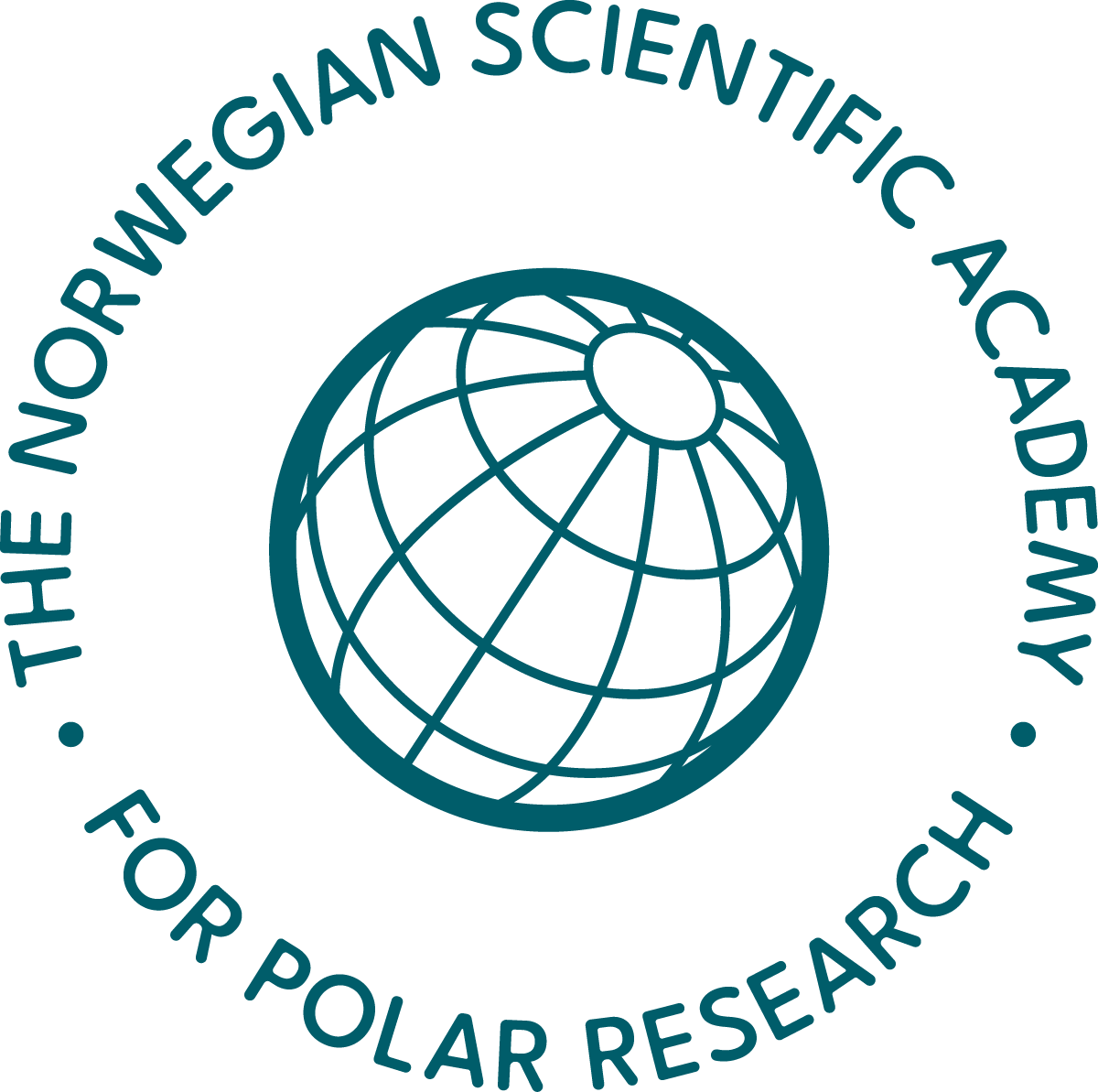Prof. Grete Hovelsrud has been elected as the new Academy’s President (2018-2020)
Prof. Grete Hovelsrud has been recently elected as the new Academy president for the period 2018 -2020. She is the first woman to assume this position in the Academy’s 10 years of history.
Prof. Hovelsrud is an anthropologist with a PhD from Brandeis University in Massachusetts, USA who has worked and travelled in the Arctic since 1980, as a research assistant, explorer and social scientist. Hovelsrud is Professor in Environmental Sociology, Nord University, at Nordland Research Institute Bodø, and CICERO Center for Climate Research, Oslo, Norway. She is an arctic anthropologist focusing on interdisciplinary studies of adaptation to changing climatic and societal conditions, adaptive capacity of coupled social-ecological systems, and on the transformation to a low-emission society in the context of climatic and societal change. She has extensive fieldwork experience from communities, primary sectors, such as fisheries, agriculture, reindeer herding, aquaculture, and municipalities in the Arctic and sub-Arctic. She has a particular interest in perceptions of risk, cultural theory of risk, co-production of knowledge and adaptive co-management of natural resources with respect to changing climatic, environmental and societal conditions. She has 6 years of experience in managing wildlife through her position as General Secretary of the North Atlantic Marine Mammal Commission. She has led numerous major long-term research projects and published extensively in scientific peer reviewed journals and books. The emphasis on the local context is a critical starting point for understanding impacts, risks, adaptation, adaptive capacity, and change. While this research is critical for understanding the particularities of the local context, the processes and insights are highly relevant for other local communities and for national and international policy for governing risk.
With her background as an anthropologist with extensive fieldwork experience from many parts of the Arctic, she brings the need for a bottom up approach to studying societal transformation. She considers the local context as critical starting point for understanding impacts, transitions and change, and continues to conduct fieldwork in Arctic communities in parallel with linking the results to national and international processes. She currently leads a number of major research projects taking place in the northern regions.
Her main areas of interests include:
Interdisciplinary studies of adaptation and societal transformation to climatic and other changing conditions, and adaptive capacity of coupled social-ecological systems in the polar region; of the transformation of society and communities in the context of interacting climatic and societal change.
The role of culture in climate adaptation in a comparative frame, the adaptive capacity of local communities in multi-scalar context; barriers and constraints of adaptation in the northern regions.
The theoretical and methodological frameworks consider multiple stressors (factors) of relevance to the coupled systems (e.g. climate, and other environmental factors, globalisation, and socio-economic aspects).
Circumpolar studies, economic anthropology of natural resource use, political anthropology of the environment and ecology, cross-cultural cross-scale comparisons Cultural theory of risks; co-production of knowledge; perceptions of resilience and risks.


